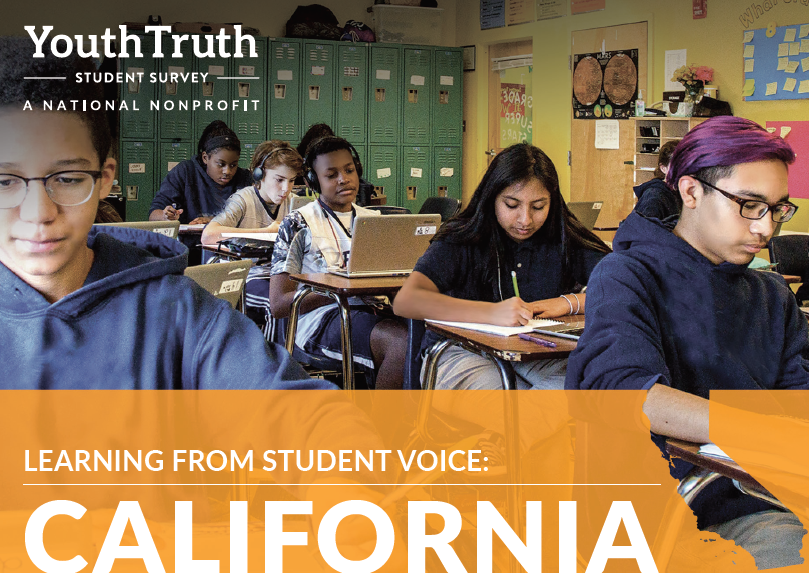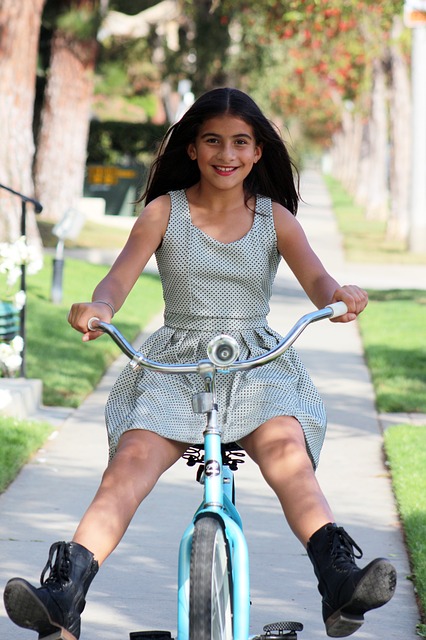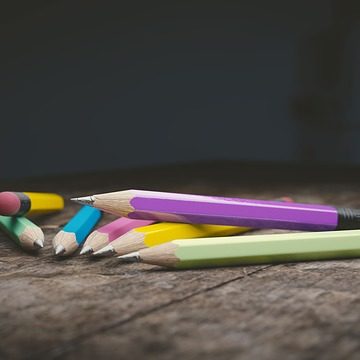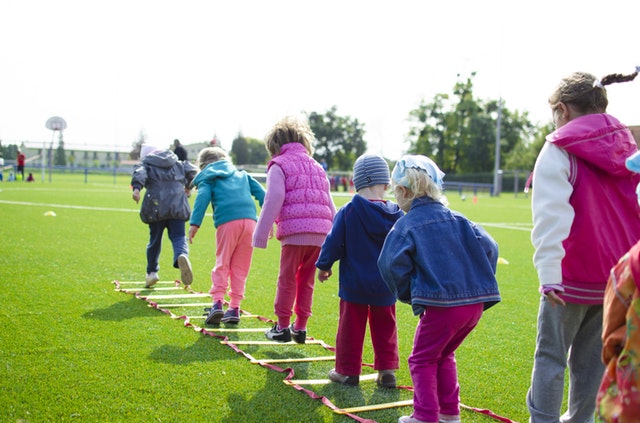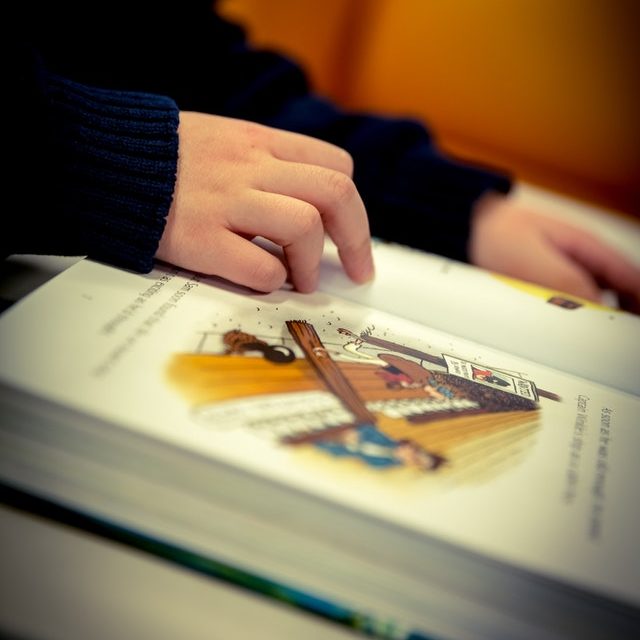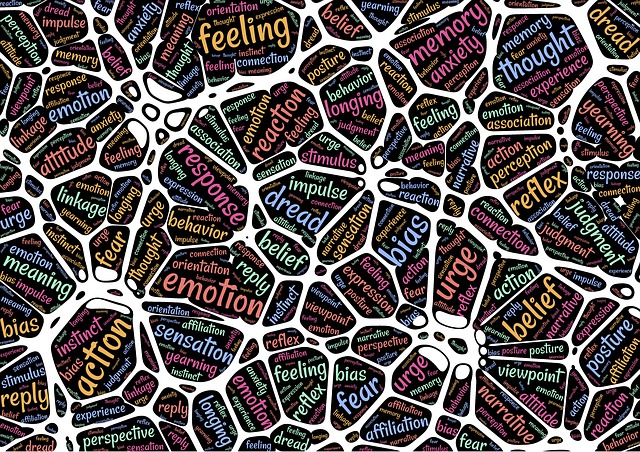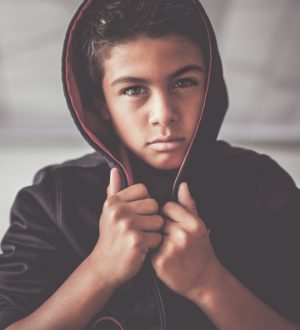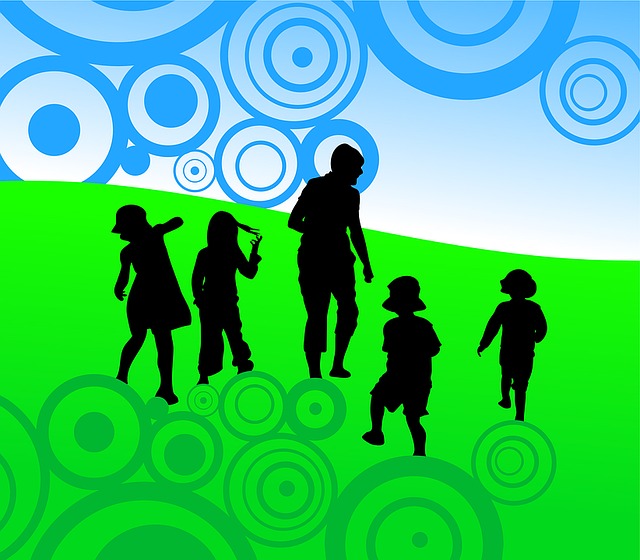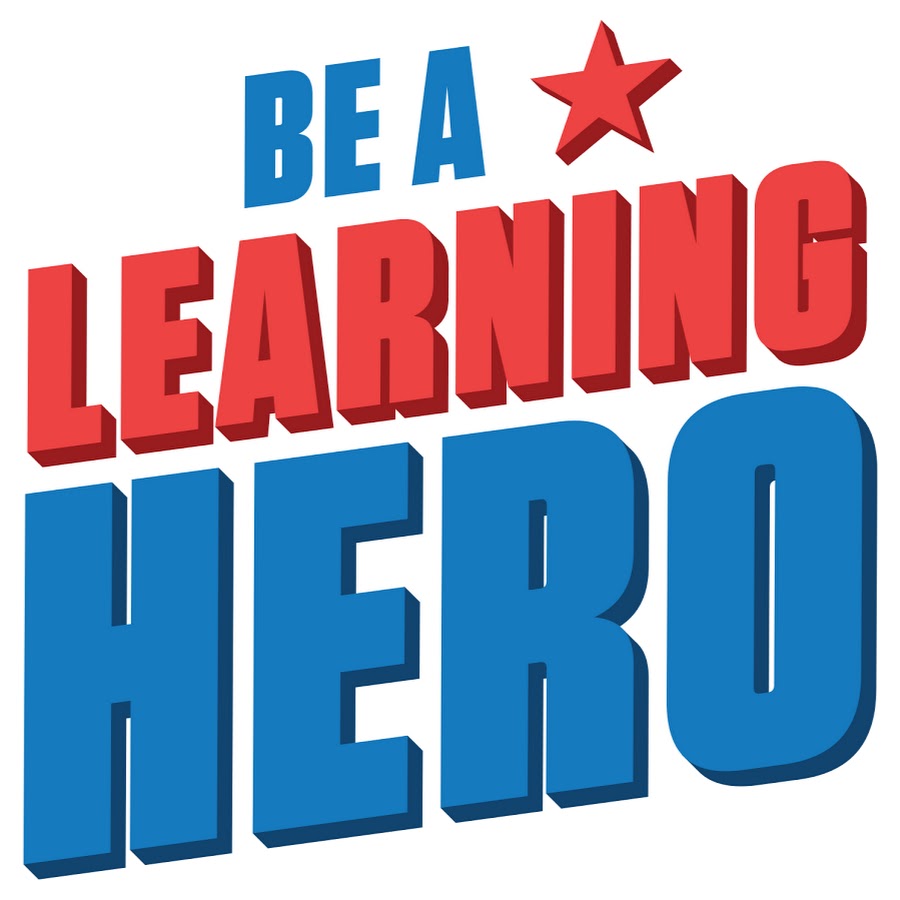YouthTruth Survey Results: Learning from Student Voice
What do California students have to say about their experiences in schools?
To answer this question, YouthTruth analyzed survey responses from over 63,000 students in grades five through twelve. The data was gathered between November 2010 and February 2018 through YouthTruth’s anonymous online climate and culture survey, administered in partnership with school districts and charter management organizations throughout the state. Read more ›
